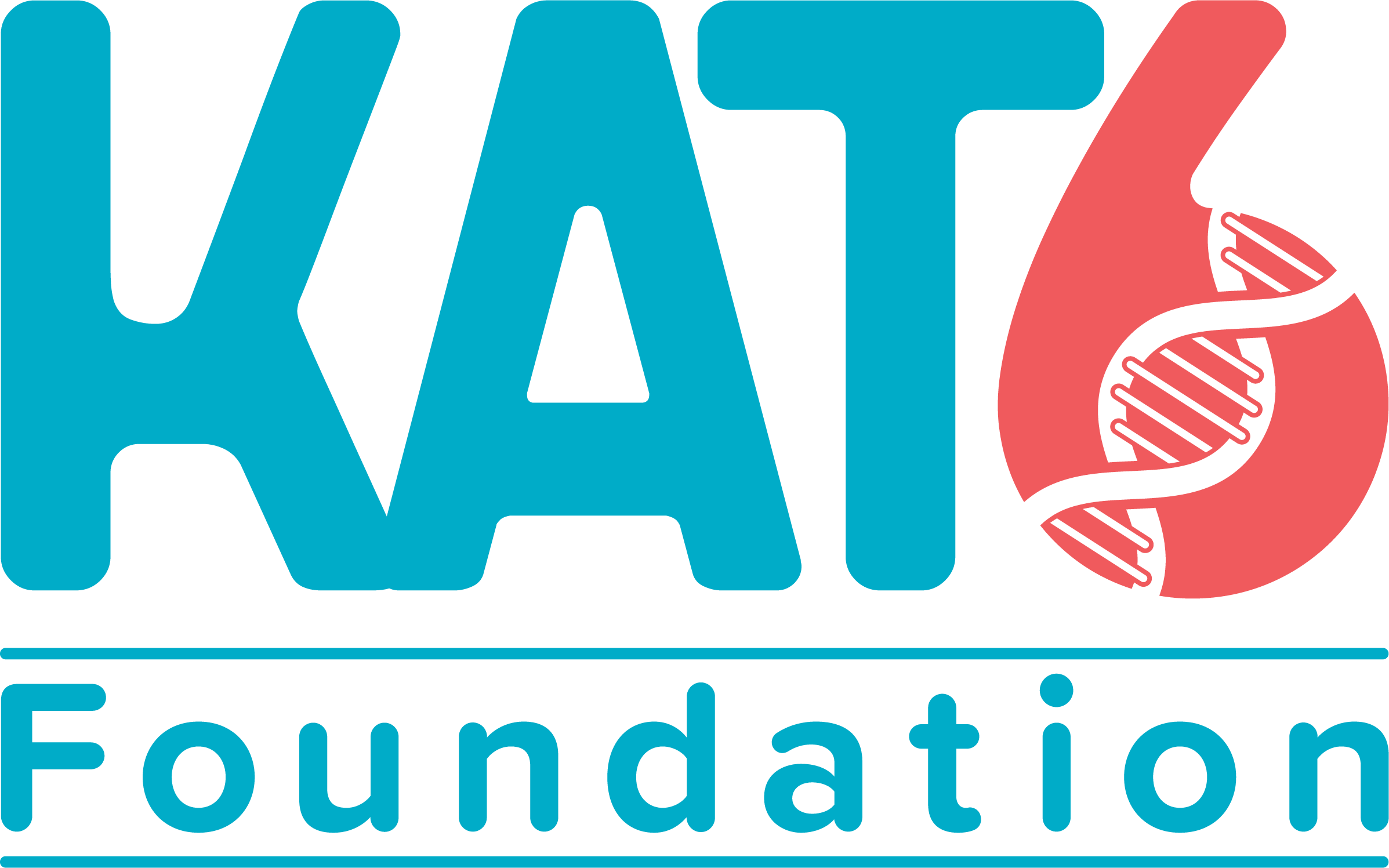KAT6B syndrome is a rare genetic disorder caused by mutations in the KAT6B gene, which is involved in histone acetylation—a key process in regulating gene expression during development. Mutations in this gene disrupt normal growth and development, particularly affecting skeletal, neurological, and facial development. KAT6B syndrome includes two overlapping clinical diagnoses: Genitopatellar syndrome (GPS), and Say-Barber-Biesecker-Young-Simpson syndrome (SBBYSS). These are now recognized as part of a spectrum of KAT6B-related disorders, with varying severity.
The KAT6 Foundation developed a KAT6A & KAT6B Handbook to help guide caregivers.
Read the KAT6B- Related Disorders report published by National Organization for Rare Disorders (NORD) on March 13, 2023.









